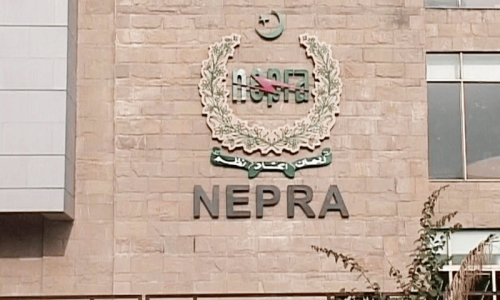AMIDST a charged atmosphere in the Centerpointe Club in Bluff Creek, young children wearing traditional Bangladeshi dresses get up on stage to perform on old Bangla songs. Their steps are in sync as the music speeds up and the cheers get louder. Sitting at the front, a man wearing a neon shirt with Bangladesh written on the back signals to them to twirl, clap or move sideways, instructions they follow effortlessly. All eight participants cannot hear, which is not apparent through their stunning performance. This is an introductory performance of eight out of 57 players from Bangladesh who will participate in the Special Olympics World Games being held here from July 25 till Aug 2, who were hosted by the Aga Khan Council on Thursday evening.
Know more: Special Olympics open in Los Angeles
As the performance is concluded, Ashraful Alam, 32, stands up and claps the loudest. Alam, also known as Miltoun, is the captain of the football team participating in the Special Olympics. On learning that I want to interview Alam, his coach Mahboob Hussain, 45, also known as Roksy, takes the role of translator. “He can’t make up full sentences, so let me sit on the side. But be assured he can hear you well,” explains Roksy. Both hail from nearby villages in Chittagong, Alam from Ambagan and Roksy from Pahartali, but moved to Dhaka eventually, the former to be admitted in a school for special children and the latter to train and look for talented footballers to play nationally.
They were introduced in 2003 by Alam’s school principal, Shameem Ahmed, who wanted him to participate in the national games. An only brother of three sisters, Alam says his father, Mohammad Khaleel, was worried about him not getting a “normal” job due to what he thought was his “weakness”.
“He thought I’m mad,” Alam adds, and then stops. Explaining, Roksy says that while growing up, Alam often forgot his name and place of birth, or where he lived, and most often couldn’t recognise his parents, which made the father worry about his son’s “disability and embarrassment in introducing him to friends and colleagues”.
A train ticket examiner in the railway in Ambagan, Khaleel kept Alam at home until he turned 15. Fearing that he won’t learn anything at all, the father then looked for a school but none of them were ready to take a 15-year-old in the primary section. “But the same year, a friend suggested a school for special children in Dhaka run by Ahmed and Alam was instantly taken there,” explains Roksy, while a classical song based on Rabindranath Tagore’s poetry is being performed in the background. What Ahmed and a host of teachers found special about Alam was his interest in sports and sports-related activities.
Roksy, who played football for 17 years on a national and international level, turned an under-19 coach and trainer in 2000 with the intent of holding unified matches between special children and their counterparts; he was on the lookout for younger people to represent Bangladesh nationally and later, internationally. Patting Alam on the shoulder, Roksy says, “He has won seven gold medals for us in football matches in previous special Olympics held in 2011 and 2007. Nationally, he is our best bet when it comes to striking a goal with a record of eight goals in one match. But the problem is, no matter what he does internationally, at home he is considered a boy with a mental illness, which I wish I could change. These children are not disabled, it’s those who don’t understand them are disabled and in need of immediate help.”
Special Olympics and Best Buddies International are two major sports initiatives started by Eunice Kennedy Shriver in 1968, shares Sean Hassan, a senior member of the Aga Khan Council based in Los Angeles. “One of the Kennedy sisters was born with special needs and it drove another sister, Eunice, to start a sports activity for special-needs people, which is now a global movement bringing to the fore people whose behaviour is mostly misunderstood and eventually ignored.”
Just then, the National Director of Special Olympics in Bangladesh, Faruqul Islam, comes on stage and speaks about the earlier days of playing football in the region. “We had the Aga Khan Gold Cup in the 1960s till 1970 which was no less than a world cup for the football players in Asia. This generation of players may not understand what it meant to us. At the time, Bangladesh was East Pakistan and to prepare and compete within the region, with the people we watched and respected, was a huge deal. Football is not only a sports competition for us but a way of life,” he adds.
Taking a small pause, he then speaks about special children and their treatment in the region. “We usually keep our special child away from our other children, which is the worst thing we can do to a child,” he reflects. “Unified sports are our way of bringing the neglected to the fore. The world can’t ignore these children anymore.”
Published in Dawn, July 28th, 2015
On a mobile phone? Get the Dawn Mobile App: Apple Store | Google Play











































